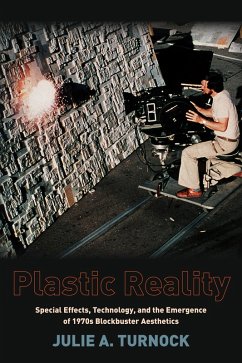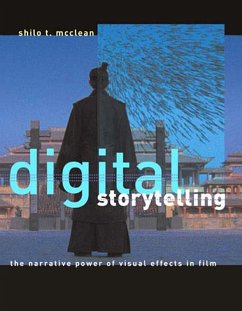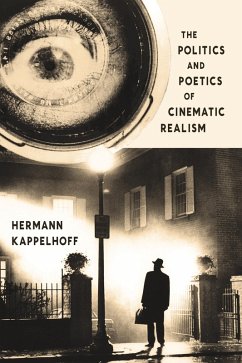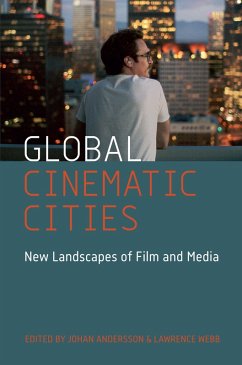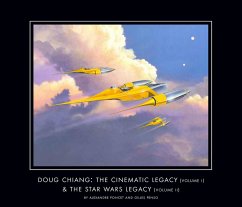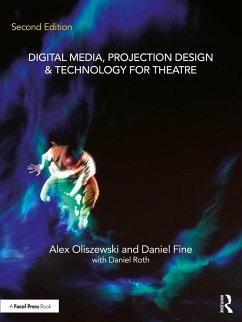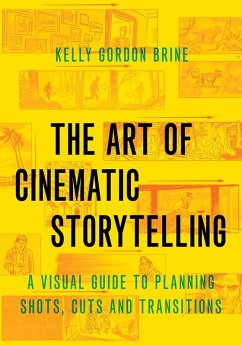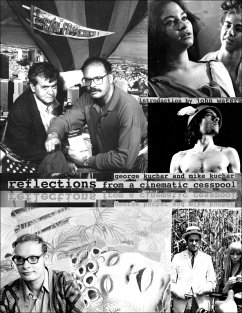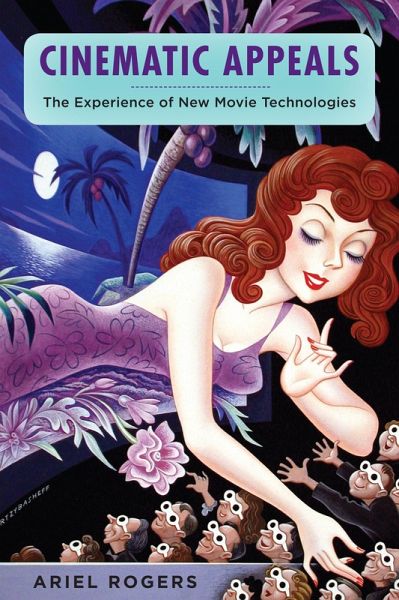
Cinematic Appeals (eBook, ePUB)
The Experience of New Movie Technologies

PAYBACK Punkte
13 °P sammeln!
Cinematic Appeals follows the effect of technological innovation on the cinema experience, specifically the introduction of widescreen and stereoscopic 3D systems in the 1950s, the rise of digital cinema in the 1990s, and the transition to digital 3D since 2005. Widescreen cinema promised to draw the viewer into the world of the screen, enabling larger-than-life close-ups of already larger-than-life actors. This technology fostered the illusion of physically entering a film, enhancing the semblance of realism. Alternatively, the digital era was less concerned with the viewer's physical respons...
Cinematic Appeals follows the effect of technological innovation on the cinema experience, specifically the introduction of widescreen and stereoscopic 3D systems in the 1950s, the rise of digital cinema in the 1990s, and the transition to digital 3D since 2005. Widescreen cinema promised to draw the viewer into the world of the screen, enabling larger-than-life close-ups of already larger-than-life actors. This technology fostered the illusion of physically entering a film, enhancing the semblance of realism. Alternatively, the digital era was less concerned with the viewer's physical response and more with information flow, awe, and the reevaluation of spatiality and embodiment. This study ultimately shows how cinematic technology and the human experience shape and respond to each other over time.
Dieser Download kann aus rechtlichen Gründen nur mit Rechnungsadresse in A, D ausgeliefert werden.




